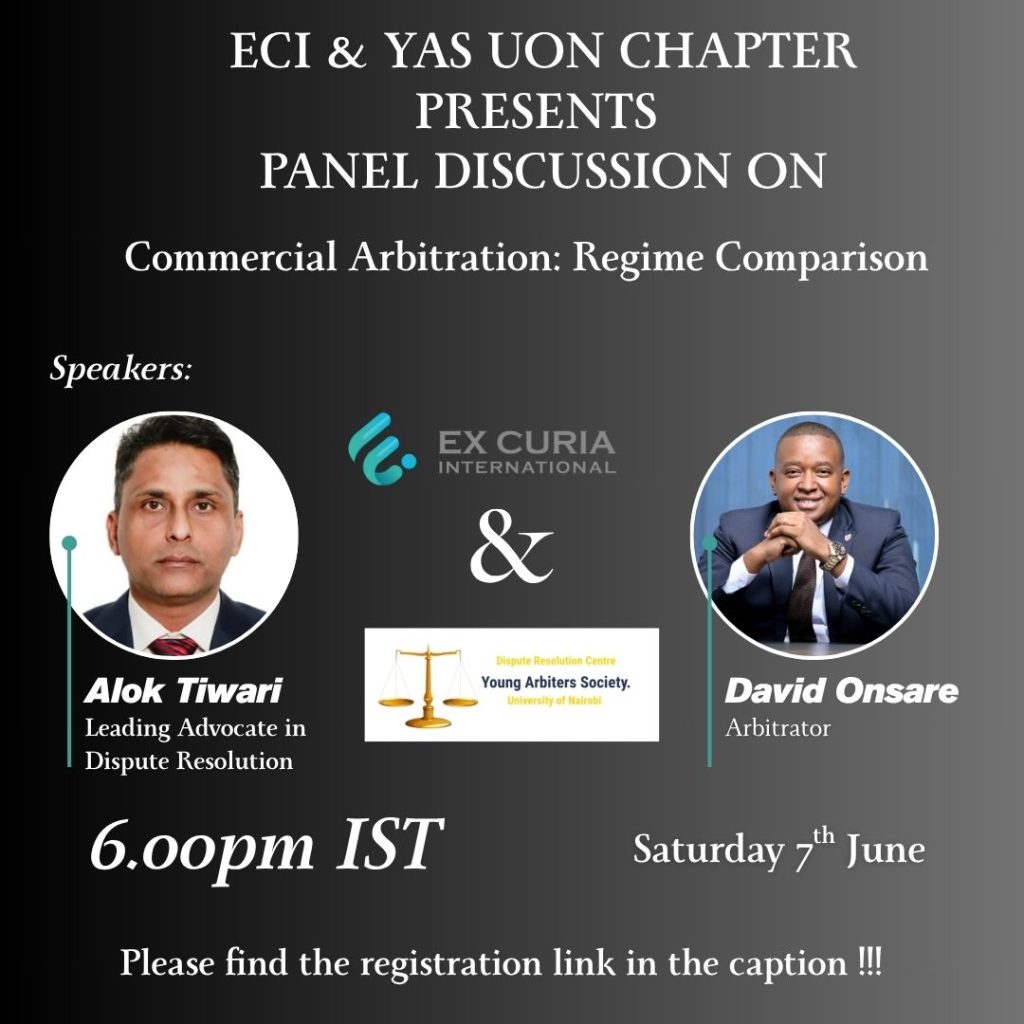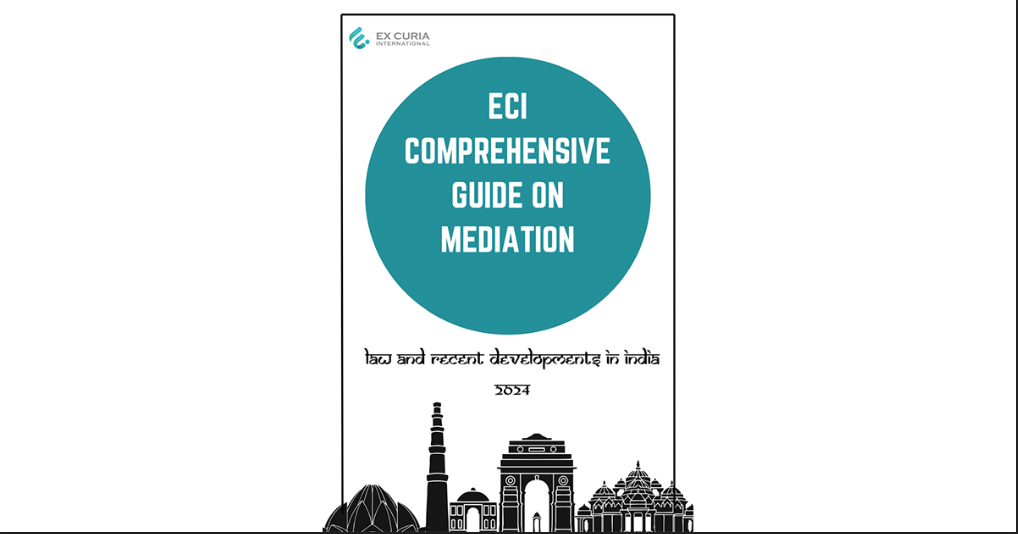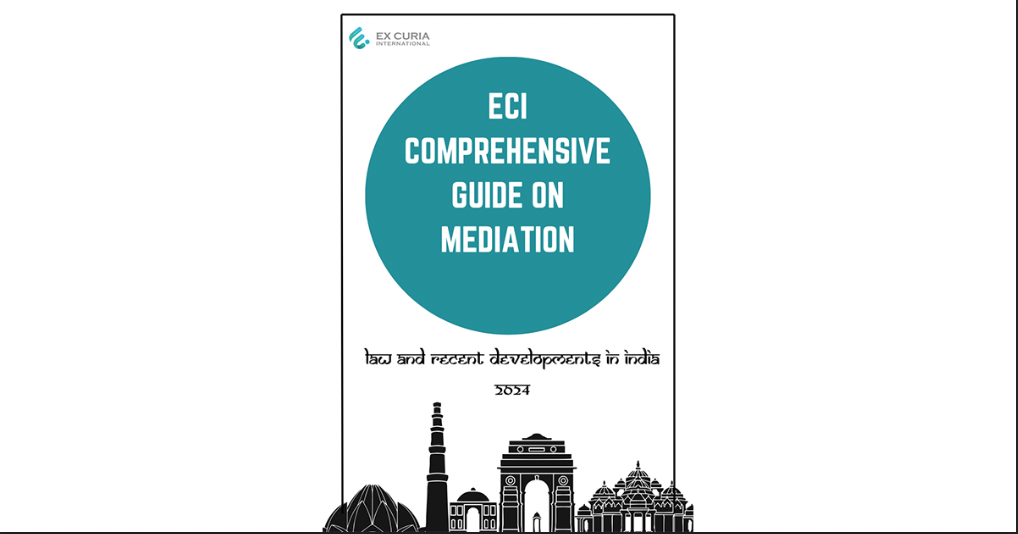[The authors are Ifrah Barge, Saanya Vashishtha and Shreya Tiwari] ABSTRACT Forum law shopping is- an element of identity within the realm of international commercial law and a carrier of diverse connotations for the concept of jurisdiction and enforceability of cross-border business contracts. Forum shopping governs the regal crown of choosing the court or jurisdiction when one or more courts have jurisdiction over the dispute at hand. The clash and tensions arise when one of the parties secures the upper hand or favourable position over the other. The concept of forum shopping has led to immense debate and rhetorical speeches concerning the intersection of the delivery of justice and the advantageous position that one party acquires in a legal dispute. The fundamental problem occurs when the most favourable legal jurisdiction is not the one best suited to the matter. The plaintiff when offered a choice of jurisdiction will seek to extract the optimum advantage out of the permissible laws and use it to fulfil his legal purposes. However, the sole burden of this law shopping does not come on the plaintiff as the initiation of this process is part of the legal machinery itself. At such a crucial juncture tension has escalated as legal academicians and international law experts have become wary of the practice of forum shopping and instead consider it as an evil practice. This paper dwells on the global impact and stance of forum law shopping as well as the constantly evolving legal demography and statutory changes that have mystified future pathways. Further, it elaborates on a comparative analysis of the trends in forum law shopping within different jurisdictions and the subsequent challenges that the regime poses to uniformity in justice. Keywords– forum shopping, international commercial law, demography, uniformity, justice AN OVERVIEW OF FORUM LAW SHOPPING Forum law shopping allows the offended party to choose the legal jurisdiction that it finds the most suitable in comparison to all the available jurisdictions. The concept is dependent on two prior conditions- ty of choice is a necessary element for forum shopping to happen. In simpler language more than one court should be available and competent to deal with the legal dispute. Forum shopping occurs in two ways as mentioned below- The plaintiff always has an advantaged position in forum law shopping as he has the right to choose the court in which the case will be heard and he is considered to be the “master of the complaint”[1]. The plaintiff gets to exercise control over the procedural guidelines and substantive law which will govern the dispute at hand. The choice of forum is dependent on several factors which are taken into consideration by the plaintiff. One of the factors that the plaintiff looks for while filing a suit is the value of the claim, that is, the plaintiff shall after rationally analysing look to file a suit for claim in courts which can offer them the highest value for their claim reducing the cost of litigation, in accordance with the substantive and procedural rules followed in that courts’ jurisdiction. An example of this could be the United States wherein the costs of suing for the litigant are comparatively less and the damages accorded by the courts are relatively greater. Secondly, the plaintiff also opts for forum shopping in case of transnational litigation in cases where the plaintiff expects higher court access decisions. The court access decision is the decision made by the court in order to determine whether the suit brought before the court by the plaintiff should be allowed to proceed.[2] Thus, a plaintiff shall forum shop in order to nullify the option of losing money due to the rejection of court access. The plaintiff also acts with care while deciding for choice-of-law decisions. The choice-of-law decisions are the decisions wherein the court decides whether it has to apply the substantive law of its own country or the substantive law of a foreign country. This becomes pivotal as different legal systems have different rules and regulations with different degrees of harshness. Thus, the plaintiff shall want to forum shop the choice-of-law decisions which would allow them to make a stronger argument or claim for themselves which would further lead to them being in an advantageous position and winning the award. The defendant does not exercise sole discretion over choosing the forum of law but he is in exceptional circumstances allowed to engage in this practice. The principle of “forum non conveniens” gives power to the courts for dismissing a case when another legal forum has better competency to deal with the case.[3] Furthermore, jurisdictions can be challenged on the subject matter, territorial, or personal reasoning grounds. As a final option, the defendant can convert his position from the current one to being a plaintiff through a declaratory judgment when he sues the other party. However, the relief provided to the defendant is quite limited and always positions him in an inferior status compared to the plaintiff. FORUM SHOPPING IN THE EUROPEAN CONTEXT The European law flows from the Brussels Convention on Jurisdiction and Enforcement of Judgements in Civil and Commercial Matters from 1968 and the Lugano Convention on Jurisdiction Enforcement of Judgements in Civil and Commercial which is based on the Latin legal maxim “actor sequitur forum rei”.[4] The fundamental ethos behind this is that the plaintiff must follow the forum of the thing in dispute. The regulation of jurisdictional power in commercial matters between parties established or residing in the EU is governed by the Brussels I Regulation. [5]This European regulation only governs cases where the complaint or claim is filed post 10th January 2015. Article 2, 3, and 4 of the Brussels I Regulations [6]establishes the general rule that the legal proceeding is to be made in the state where the defendant has his domicile in the EU (any member state). This is regardless of the nationality of the parties to the lawsuit, so in case the plaintiff is domiciled in a third state, the








